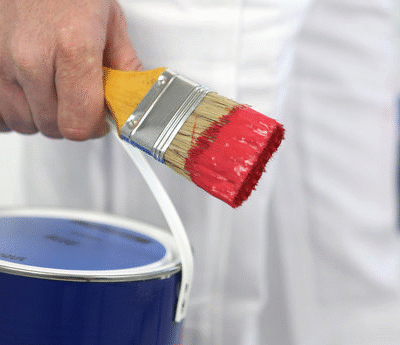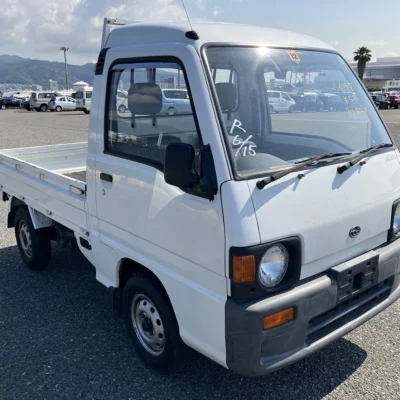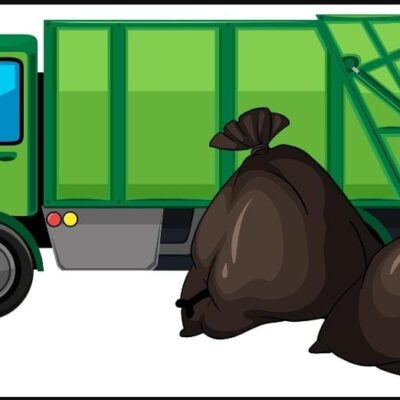
When you depend on medication, missing a refill can disrupt your health routine and cause unnecessary stress. Pharmacies play a vital role in keeping you informed when it’s time to reorder. Many now use automated systems to send timely notifications, helping customers keep track of their schedules. For those who rely on online prescription refills, these alerts can be the difference between staying on track and dealing with gaps in treatment. The process is not just about reminders—it’s about creating a smooth and reliable connection between patients and their medications.
Why Refill Alerts Matter
Refill alerts exist to reduce the risk of missed doses and last-minute pharmacy runs. They keep you aware of when your current supply is running low and provide time to arrange for the next batch. This becomes especially important for people with chronic conditions, where medication timing directly affects health outcomes. Pharmacies know that even a small delay can lead to complications, so alerts are designed to be proactive rather than reactive.
The Role of Technology in Alerts
Modern pharmacies often rely on advanced software to monitor refill schedules. These systems track your prescription history and generate notifications at set intervals before your medication runs out. They can send reminders through text messages, emails, or automated phone calls, depending on your preference. The goal is to reach you on the device you’re most likely to check, reducing the chance of missed communication.
Personalization of Refill Reminders
While technology is central, personalization makes the alerts more effective. Pharmacies can tailor the timing and method of the reminder to match your refill habits. For example, if you often collect your refills early, alerts may be sent sooner. On the other hand, if you usually wait until the last moment, the system may send more frequent reminders. This flexibility helps match the process to each person’s lifestyle.
Coordinating with Your Doctor
In some cases, a refill alert may reveal that you’ve run out of authorized refills. Pharmacies often have processes in place to contact your healthcare provider directly, requesting approval for a renewal. This step reduces the need for you to make extra calls and shortens the time it takes to get your medication. This behind-the-scenes coordination keeps the process moving without putting all the responsibility on the patient.
Handling Controlled Medications
Refill alerts work differently when dealing with controlled substances. Due to regulations, these prescriptions often require more frequent doctor approval and may have stricter timing rules. Pharmacies typically still send reminders, but they may also provide guidance on when to request a new prescription to stay within legal requirements. This extra communication helps you prepare ahead of time and avoid delays.
How Pharmacies Manage Missed Alerts
Sometimes, reminders go unnoticed. Pharmacies usually have a follow-up process for customers who miss initial notifications. They might send an extra message or place a quick call to confirm whether you want to proceed with the refill. This backup system is designed to give you another chance before the medication runs out completely.
Integrating Alerts with Automatic Refills
Some pharmacies offer automatic refill programs, where prescriptions are prepared without you having to request them each month. In these cases, alerts serve a slightly different purpose—they let you know the refill is ready for pickup or shipment. This approach reduces the need to track dates manually and works especially well for maintenance medications.
The Human Side of Alerts
While automation speeds up the process, human involvement still matters. Pharmacists and staff review refill alerts for accuracy, check for potential drug interactions, and make sure the medication aligns with your current treatment plan. This personal oversight adds a safety layer that technology alone can’t provide.
Tips to Make Refill Alerts Work for You
To get the most out of your pharmacy’s system, keep your contact details updated and confirm your preferred notification method. If you travel frequently or have an unpredictable schedule, you can request earlier alerts to give yourself more flexibility. Communicating your needs to the pharmacy helps them fine-tune the process, keeping your medication routine steady and stress-free.
Notification Timing Makes a Big Difference
The success of a refill alert often depends on when it’s delivered. Too early, and people may forget. Too late, and they might already miss a dose. Pharmacies carefully adjust the timing of these alerts based on prescription duration and refill history. Most aim to notify you a few days before your supply runs out, giving just enough time to act. When alerts come at the right moment, it’s easier to stay consistent without feeling overwhelmed by reminders.
How Mobile Apps Keep You Updated
Many pharmacies now offer mobile apps that support refill alerts alongside other features. Through these apps, you can see your prescription status, track deliveries, and manage refills with a few taps. When a refill is due, a push notification appears right on your phone’s screen. This method often works better than emails or calls because it’s immediate and hard to miss. It also allows for quick action—just tap and confirm your refill.
Alerts That Help with Multiple Prescriptions
For those managing several medications at once, refill alerts become even more important. Pharmacies often group reminders so you’re not juggling multiple refill schedules. Instead of handling each prescription separately, the system can synchronize them, making pickup or delivery more efficient. This approach helps people who care for others, too, like parents managing prescriptions for their children or caregivers supporting older family members.
The Pharmacy’s Role in Keeping Your Routine Smooth
A pharmacy doesn’t just dispense medicine—it also supports your treatment plan. Refill alerts are one way it does that consistently. By keeping your medications organized and on time, the pharmacy acts as a partner in your daily health care. This behind-the-scenes effort helps reduce stress and keeps you focused on staying well rather than tracking down refills or worrying about running out.
What to Do If Alerts Aren’t Working for You
Sometimes refill alerts may not reach you, or you might stop noticing them after a while. If that happens, you can talk to your pharmacy team about adjusting the method or timing. Maybe you prefer a phone call over an app notification, or maybe you need alerts to come earlier. Small changes like this can make a big difference. Your pharmacy will usually be happy to update your preferences and keep things on track.
Final Thought
Prescription refill alerts are more than just a convenience—they’re a safeguard for your health. By combining technology, personalization, and professional oversight, pharmacies make it easier to stay on top of medication schedules. The process not only prevents missed doses but also strengthens the connection between you and your healthcare team. With the right system in place, you can focus on your well-being without the constant worry of running out of medicine.



